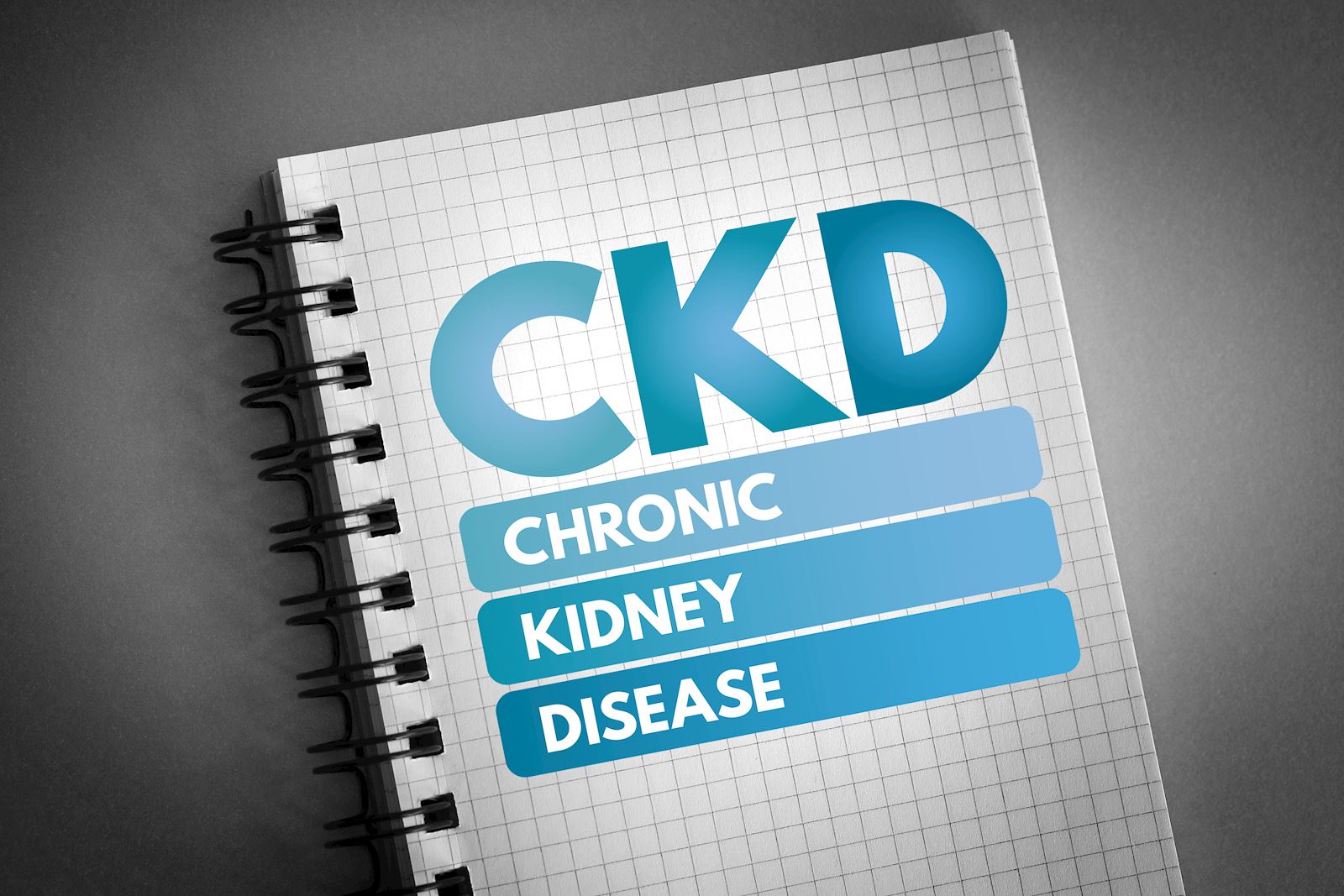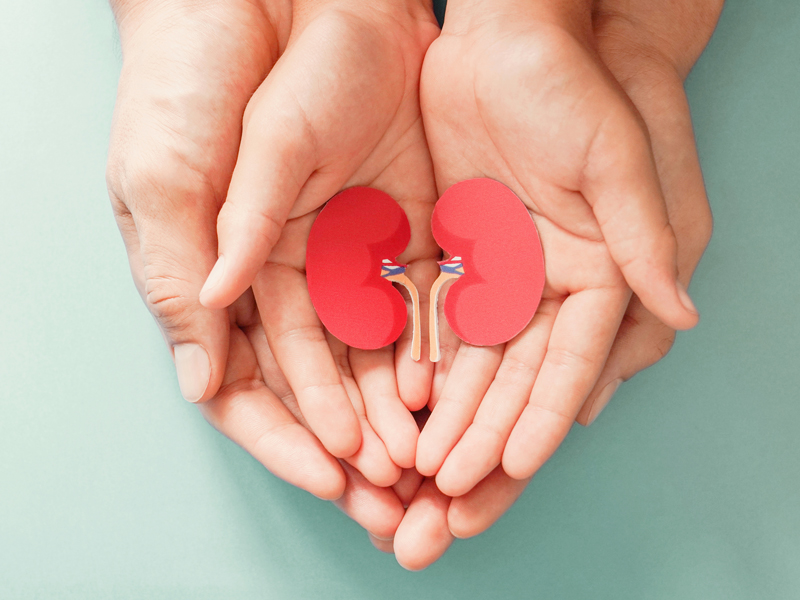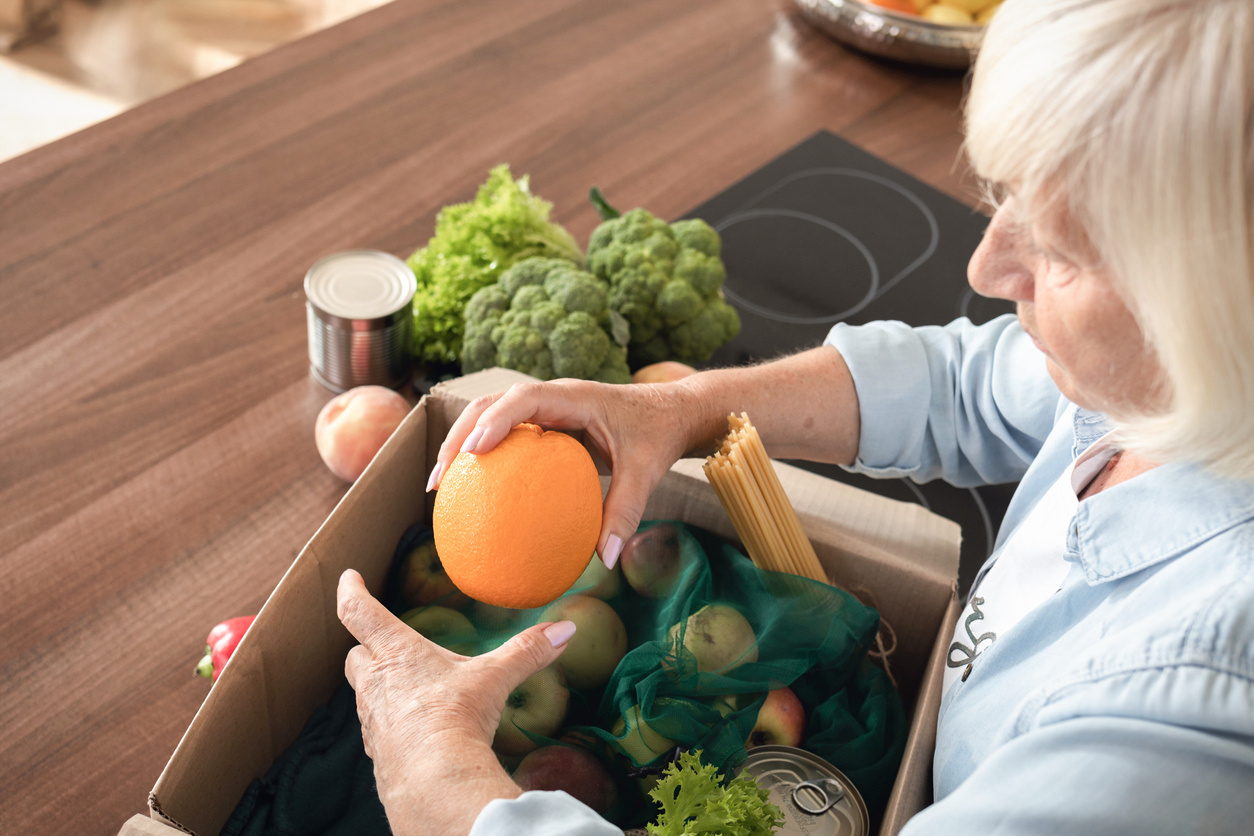Potassium is an essential mineral that helps control fluid levels in the body, keeps muscles working properly and supports healthy blood pressure. While it’s critical to maintaining a healthy system, it is possible to have too much potassium, particularly if you suffer from chronic kidney disease (CKD). If you or a loved one is living with CKD, it’s important to understand how potassium impacts the body and ways to manage levels effectively.
How CKD can affect your kidneys
Your kidneys remove waste such as extra fluid and minerals, including potassium, from the body so they don’t build up in your system and cause other problems including heart disease and weakened bones. When you have CKD, your kidneys do not filter the blood effectively. In advanced stages of the disease, the kidneys can stop working entirely.
If your kidneys are compromised, you need to be mindful of your dietary and lifestyle choices so that you don’t put extra stress on your kidneys and worsen your condition. Choosing the right balance of foods can help you get the nutrition you need without excess minerals.
What’s a healthy level of potassium?
For people living with CKD, managing potassium levels is key. How much potassium do you need? The answer depends on your condition, so talk with your doctor about what’s right for you. Normal potassium in a typical diet of an adult woman is around 2,600 milligrams (mg) and 3,400 mg for an adult man.
However, for people on a potassium-restricted diet because of kidney disease, daily potassium intake could be around 2,000 mg or lower.
Understanding hyperkalemia
The medical term for having too much potassium in your system is hyperkalemia. CKD is one of its most common causes. Hyperkalemia can lead to heart problems or even a sudden heart attack. Symptoms of this condition are often mild and hard to pinpoint because they develop slowly over time.
Hyperkalemia symptoms can include:
- Muscle problems — either weakness or paralysis
- Abnormal heartbeat
- Chest palpations
- Shortness of breath
- Nausea and vomiting
The only way to know if you have hyperkalemia is through a blood test ordered by your doctor. If you have the condition, your doctor will likely review your diet, medical history and any medicines and supplements to determine the best treatment plan.
Balancing nutrition and potassium
If you’re diagnosed with hyperkalemia or have CKD, your doctor may put you on a potassium-restricted diet. You’ll need to learn what foods are high in potassium and manage the portion size of foods you eat that contain potassium.
Some high-potassium foods you may need to eat less of:
- Beans
- Bananas
- Cooked spinach
- Dried fruits
- Melons
- Oranges/Orange juice
- Potatoes/sweet potatoes
- Prunes
- Raisins
Managing a kidney-friendly diet (also called a renal diet) can be a little challenging since so many foods contain potassium. Working with a dietitian and health care team can help you create a personalized meal plan that balances your nutritional needs while keeping potassium levels in check.
Renal-friendly, home meal delivery from Mom’s Meals® can help
Eating well-balanced meals that are designed to protect your kidney health can go a long way in supporting kidney function. Our renal-friendly meals are delivered direct to your home and are ready to heat and eat in minutes from the fridge. It’s an easy way to take the hassle and guesswork out of eating for CKD.
All our delicious renal-friendly meals are developed based on dietary recommendations for people living with kidney disease and contain:
- Less than 700 mg of sodium
- 833 mg or less of potassium
- 330 mg or less of phosphorus
These meals meet the needs of people with:
- Stage 3 or 4 CKD due to their less restrictive dietary requirements
- Stage 5 End Stage Renal Disease (ESRD), including those on hemodialysis
Start today and take a vital step toward a nutritious, kidney-friendly lifestyle!



